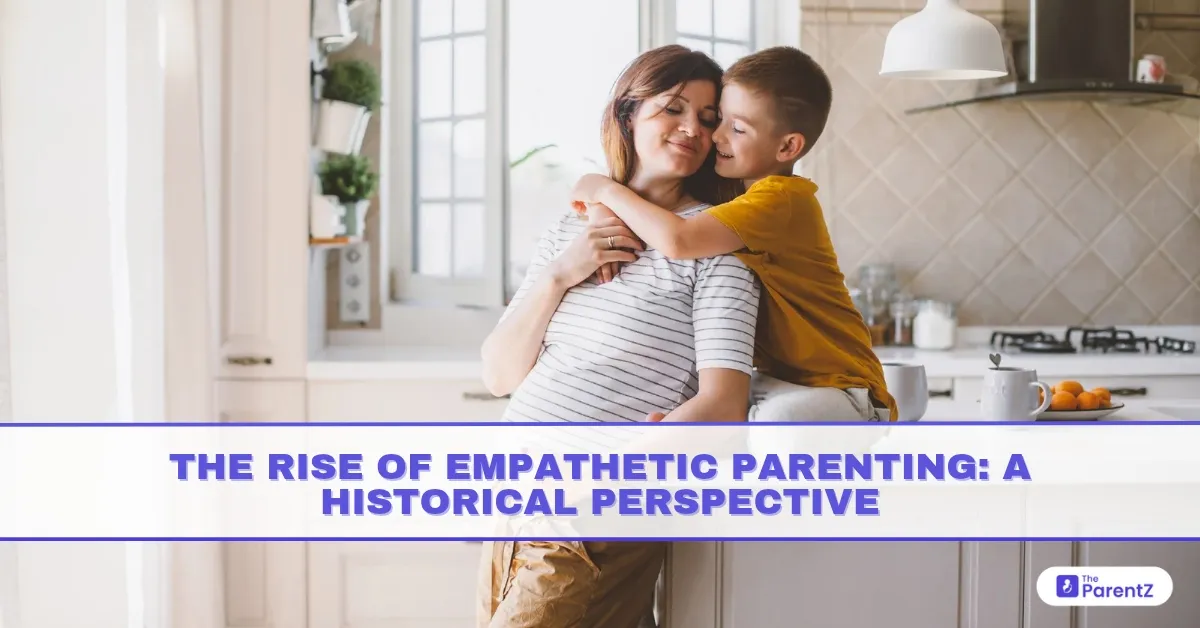The truth is— the way you’re parenting your children probably looks very different from how you were raised. You’ve swapped threats for conversations, punishments for understanding, and the old “because I said so” for something more human: empathy.
It didn’t always look like this. In fact, for most of history, parenting had little to do with feelings. Children were expected to obey, survive, and contribute. Emotions? They were messy, inconvenient, and often silenced. But today, you're part of a generation that's turning the tide—choosing to see your child not as someone to control, but as someone to connect with.
That shift didn’t happen overnight. Read this article to explore the historical perspective when it comes to the rise of empathetic parenting.
From Obedience to Understanding: A Quick Time Travel
If you were to step back just a century ago, parenting was largely authoritarian. In most parts of the world, children were expected to be "seen and not heard." Discipline was often strict, even harsh. Emotional needs were rarely discussed, much less met.
In the 1950s, the rise of Dr. Spock in the U.S. softened things slightly—he told parents to trust their instincts and love their children freely. Still, much of the parenting advice was top-down: parents lead, children follow. No questions, no space for dissent.
By the 1970s and 80s, things began to shift. Psychology started playing a bigger role. The idea that children were not just mini-adults but unique beings with emotional landscapes gained ground. But even then, empathy wasn’t center stage.
You, dear parent, are now living through a major parenting evolution.
The Empathy Era: What It Looks Like in Your Home
Empathetic parenting isn’t just a “trend” on Instagram—it’s a philosophy rooted in neuroscience, psychology, and sheer human decency. You’ve probably practiced it without even realizing.
You validate your child’s big feelings instead of brushing them off. You say things like, “I see you’re upset,” rather than, “Stop crying.” You pause before yelling and ask, “What’s going on here?” instead of leaping to blame.
That’s empathy in action. And it changes everything.
Why? Because when your child feels seen, safe, and supported, their brain literally develops differently. Research from Harvard’s Center on the Developing Child shows that nurturing relationships are the most critical factor in healthy emotional and cognitive growth.
But Let’s Not Pretend It’s Easy
Empathy isn’t a magic button that makes your kid cooperative and calm 24/7. You’ve likely been there—elbows deep in a tantrum, trying to empathize while your blood pressure skyrockets. You’ve bitten your tongue, taken deep breaths, and whispered words of understanding when all you wanted to do was scream.
And still—you try. Not because it’s easy, but because you’ve seen what it does. How your child’s shoulders soften when you listen. How they trust you more. How the repair after the rupture becomes the foundation of something strong.
Conclusion
You may worry you’re getting it all wrong. You might sometimes slip back into the old ways—raise your voice, shut down, say something you regret. That’s okay. Empathy isn’t about perfection. It’s about repair and about coming back to your child.





Be the first one to comment on this story.